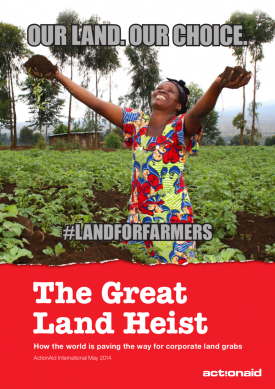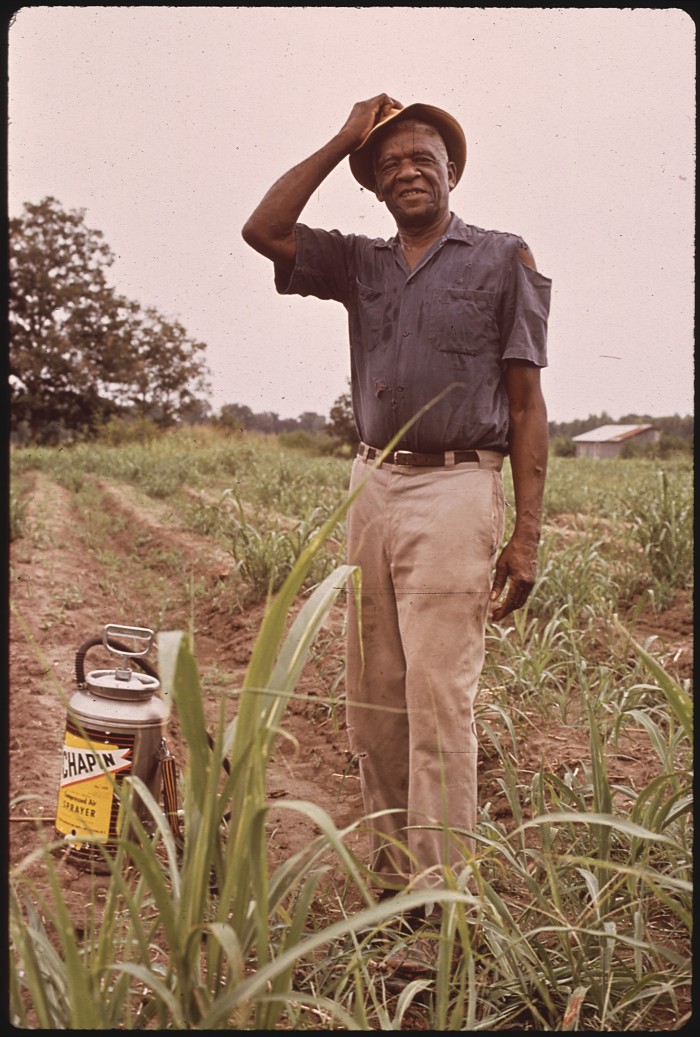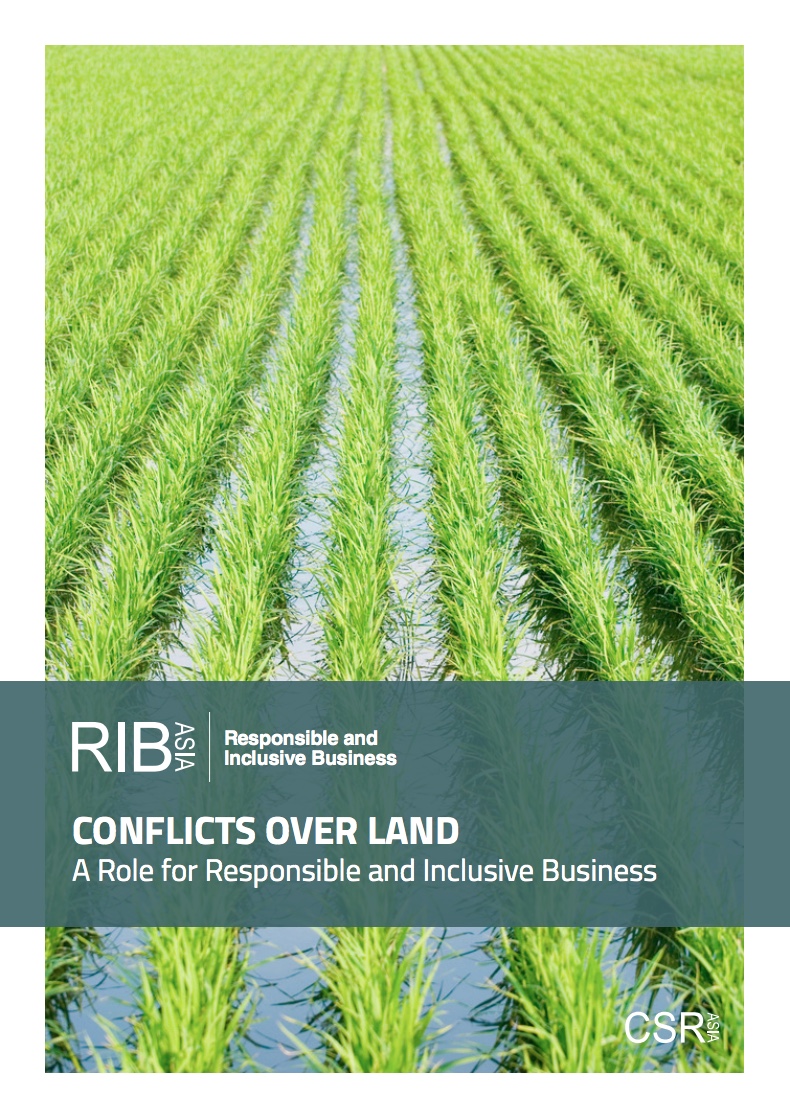10 Joint Policy Recommendations:
In 2003, the Maputo Declaration of the African Union stated that, within five years, 10 per cent of budgets of member states would be dedicated to agriculture. Ten years on, despite spending increases by some countries African governments still allocate an average of only 4 per cent of their national budgets to agriculture. Only eight out of 54 countries under the African Union have consistently reached the 10 per cent target.
How the world is paving the way for corporate land grabs - Publication - ActionAid
"For millions of people living in the world’s poorest countries, access to land is a matter not of wealth, but of survival, identity and belonging. Most of the 1.4 billion people earning less than US$1.25 a day live in rural areas and depend largely on agriculture for their livelihoods, while an estimated 2.5 billion people are involved in full- or part-time smallholder agriculture.
Tenure security and demand for land tenure regularization in Nigeria - Publication - IFPRI
In line with the conventional view that customary land rights impede agricultural development, the traditional tenure system in Nigeria has been perceived to obstruct the achievement of efficient development and agricultural transformation. This led to the Land Use Act (LUA) of 1978.
This Land is Whose Land? Dispossession, Resistance and Reform in the United States
Food First Backgrounder, Spring 2014, Vol. 20, No. 1
Introduction: Land, Race and the Agrarian Crisis
The disastrous effects of widespread land grabbing and land concentration sweeping the globe do not affect all farmers equally. The degree of vulnerability to these threats is highest for smallholders, women and people of color—the ones who grow, harvest, process and prepare most of the world’s food.
Conflicts Over Land - A Role for Responsible and Inclusive Business
This briefing paper makes the case for proactive business engagement in respecting land rights and ensuring legal, fair and inclusive practices on land use, access to natural resources and equitable development opportunities. It outlines key challenges, provides an overview of existing instruments that can help companies address issues related to land, and points to practical entry points for improved business practices.
Collective action within the household: Insights from natural resource management
Households face many collective action situations, with members working together to produce livelihoods and allocate goods. But neither unitary nor bargaining models of the household provide frameworks to analyze the conditions under which households work collectively and when they fail to do so.
Exploring local perceptions of climate change impact and adaptation in rural Bangladesh
This paper reports on findings from 30 focus group discussions and 30 key informant interviews conducted in 12 districts of Bangladesh in May 2012. The discussions and interviews draw attention to perceptions of climate change and how climate-related trends influence people’s lives, both directly and indirectly. The findings also identify how people adapt to and cope with these changes. This paper aims to improve our understanding of local people’s perceptions of these changes, explore the ways they are affected by them, and how well they are adapting to them.
Gender-specific approaches, rural institutions and technological innovations
This paper reviews and integrates findings from existing empirical studies and case studies received from 35 organizations in various countries to identify demand- and supply-side constraints and opportunities in access, adoption and impact of agricultural technological innovations. The most common technologies studied are improved seeds, fertilizers, farm mechanization, improved management practices, transporting technologies, and information and communication technologies.
Resilience for food and nutrition security
Economic shocks including food price shocks, environmental shocks, social shocks, political shocks, health shocks, and many other types of shocks hit poor people and communities around the world, compromising their efforts to improve their well-being. As shocks evolve and become more frequent or intense, they further threaten people’s food and nutrition security and their livelihoods.
Synopsis of Gender in agriculture: Closing the knowledge gap
Women play important and varied roles in agriculture, but they have unequal access, relative to men, to productive resources and opportunities. Closing these gender gaps would be good both for women and for agriculture. This was the message given by The State of Food and Agriculture 2010-11, a report of the Food and Agriculture Organization of the United Nations (FAO).
The impact of Bolsa Família on schooling: Girls’ advantage increases and older children gain
We estimate the impact of Bolsa Família on a range of education outcomes, including school participation, grade progression, grade repetition, and dropout rates. Using a large-sample household panel survey from 2005–2009 collected for this evaluation, we develop a statistically balanced comparison group of eligible nonparticipant households and estimate impacts using propensity-score-weighted regression. We estimate that Bolsa Família increased average school participation among all children age 6 to 17 years by (a weakly significant) 4.5 percent.






